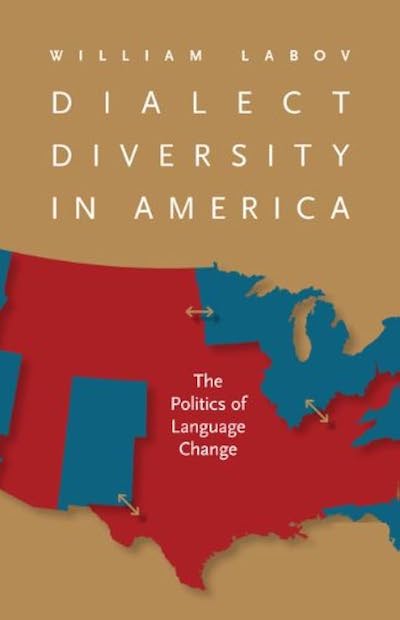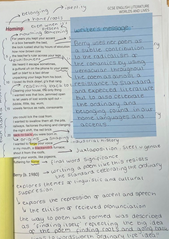
One of the most common refrains from the A Level English Language teachers we meet at EMC courses and conferences is that lots of Year 10 and 11 students don’t know that the A Level exists, let alone how great it is. And that is a real pity because, as everyone who teaches it knows, it’s an amazing and varied course. Yes, it can be challenging (especially when most Eng Lang teachers still come from an Eng Lit background) and it can be a real shift for students after GCSE (which is probably definitely the fault of the English Language GCSE), but once students get started on it, they invariably love it.
To address this, we’ve worked on a number of free EMC resources to help teachers ‘sell’ the A Level to GCSE students and show them what’s involved with language study more generally. Our Leaping into Language download was devised to give students a taste of accent, dialect, language change and even areas like forensic linguistics (where language study helps solve crimes). That’s still available here and can be great way of piquing students’ interest in what could be to come.
We have also organised two online conferences – Looking into Language and (to prove that Eng Lang teachers can count as well as read and write) Looking into Language 2 – aimed specifically at Year 10 and 11 students. The first of these featured Emma Moore, Rob Drummond, Lauren Hall-Lew and Helen Newsome talking about how linguists explore individuals’ language styles, how we communicate identity as well as ideas, and how linguists explore the clues in language that can reveal who might have sent a message and how that can be used to unravel the mysteries of various crimes.
The second conference, which has been clipped up into separate videos for ease of use in the classroom, featured Amanda Cole, Claire Hardaker, George Bailey and Natalie Braber looking at accent and dialect, attitudes to language, online language styes and other angles on forensic linguistics, with discussion of different legal perspectives to language and plenty of ideas about the kinds of jobs linked to language study that might not appear obvious at first (a language detective, anyone?).
If you want to spread the word about how exciting A Level English can be, then you can do worse than using these free resources!
One of the reasons why the A Level exists is because of the growth of the field of sociolinguistics in the late 20th and early 21st century, something that came out of work done in the 1960s and 70s on the language of different communities and the relationship between language and society. A lot of this stemmed from the work of the highly influential and much-admired linguist William Labov, who sadly died this week at the age of 97; his pioneering work on linguistic markers of social identity in New York department stores and his study of language and identity in Martha’s Vineyard (still staples of the A Level course after all these years) laid the groundwork for much of what was to come in the field. As Labov noted once, “I have resisted the term sociolinguistics for many years, since it implies that there can be a successful linguistic theory or practice which is not social.” That insight into the connections between language, who we are, and how we relate to one another through it is what underpins so much of what we do on this course and he has left a huge legacy for other sociolinguists to follow and future students (hopefully some of ours) to build on.






